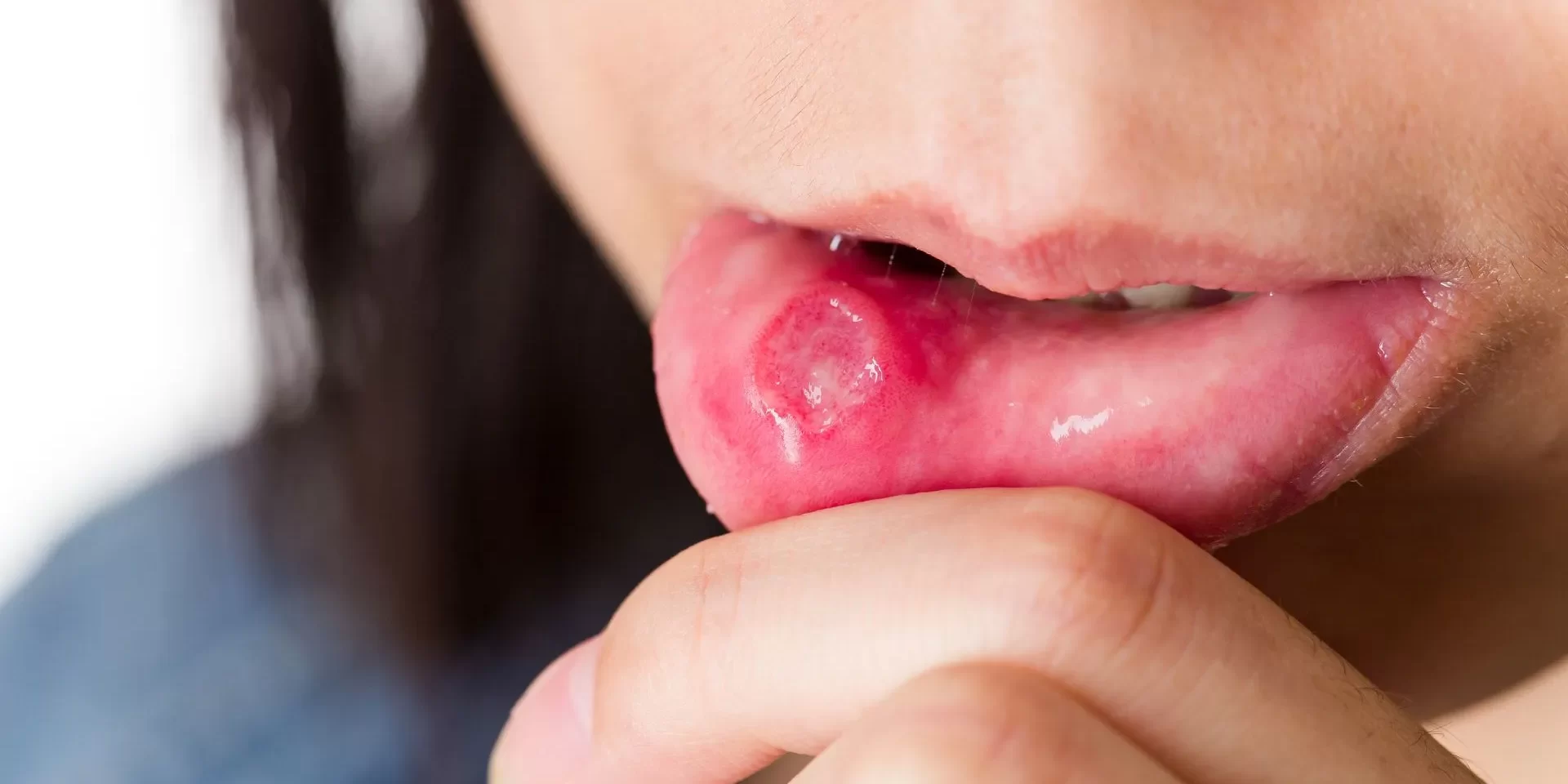The effect of sage versus triamcinolone acetonide in the treatment of recurrent aphthous stomatitis: a double-blind randomized clinical trial
Recurrent aphthous stomatitis (RAS) is a common oral mucosal disease characterized by painful, recurrent single or multiple ulcers confined to the oral cavity.
Aphthous ulcers are harmful to patients and cause pain and burning when eating, swallowing, and talking. These problems disrupt patient function and significantly reduce quality of life in both children and adults.
One successful and commonly used group for this purpose is topical corticosteroids. Triamcinolone acetonide is a moderate steroid drug used to treat inflammatory and allergic conditions, including recurrent aphthous stomatitis. Although short-term use of corticosteroids usually causes no side effects, their long-term use can cause local and systemic side effects, such as candida overgrowth, adrenal suppression, mucosal thinning, drug resistance, Cushing’s syndrome, and osteoporosis.
Because of the popularity of herbal medicine and its antimicrobial and anti-inflammatory effects, much research has been conducted on the effect of herbal products in treating various diseases. One example is recurrent aphthous stomatitis, for the treatment of which various herbal products have been introduced. Some studies have examined various types of herbal treatments, such as curcumin, coconut, aloe vera, myrtle, licorice, Sicilian sumac, and pomegranate for the treatment of aphthous ulcers.
Salvia officinalis is an aromatic plant often used for various purposes, especially as a traditional medicine for the treatment of various infectious diseases. Sage contains several compounds with influential characteristics. The ethanolic compounds in sage have antibacterial activity.
In addition, terpenoids in sage leaves, such as ursolic acid, have an anti-inflammatory effect. This effect has led to the design and production of potent pharmacological molecules from this plant extract for the treatment of chronic inflammatory diseases. In addition, its flavonoids and phenolic acids have antioxidant properties and protect against viral and bacterial infections in vitro and in vivo.
A 2021 study compared the effects of a sage-based gel and triamcinolone acetonide on the duration and symptoms of oral lichenoid reactions. They reported that sage-based gel significantly relieved pain better than triamcinolone acetonide, which is promising in the treatment of oral lesions.
Also, in another study, the effect of sage-based gel was compared with a triamcinolone acetonide product in patients with minor aphthous ulcers in a southern Iranian population.
This double-blind clinical trial recruited sixty patients with minor aphthous ulcers.
Half of the patients were treated with a salvia-based gel and the other half with triamcinolone acetonide oral gel. The effect of topical salvia-based gel was evaluated and compared with that of oral triamcinolone acetonide gel.
Factors such as pain recovery time, wound healing time, and pain level were evaluated. Data were analyzed with SPSS version 22 using independent t-test, paired t-test, repeated-measures ANOVA and survival analysis, including Kaplan-Meier and Cox regression.
The mean duration of pain recovery was 1.5 days for topical gel and 2.5 days for triamcinolone acetonide (p < 0.001). In addition, the duration of wound healing was 3.3 days for salvia gel and 6 days for triamcinolone acetonide (p < 0.001). Patients’ satisfaction with factors such as taste and odor did not differ significantly between the two groups.
The results of this study showed that salvia topical gel is highly effective in the treatment of recurrent aphthous stomatitis. It was significantly better than triamcinolone acetonide in pain recovery and wound healing. These promising results favor herbal treatments and show that they can be more commonly used to treat diseases such as recurrent aphthous stomatitis.
If your company wants to develop and/or make a product for the treatment of recurrent aphthous stomatitis






